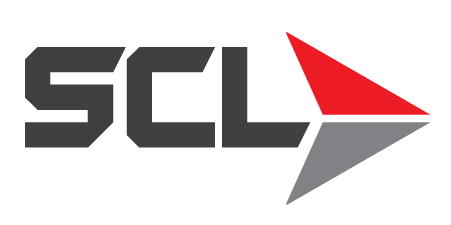4 Issues Fleets Should Keep Top of Mind This Winter

Why Weather, Technology, and Potential Shortages Should Be a Priority
In addition to Santa Ana winds that periodically increase the threat of wildfires throughout the state, fleets and trucking companies also have to consider hazards associated with driving in heavier rains, and navigating snow on some routes.
As we move into the winter months, here are four issues fleet and trucking customers should keep top of mind to in order to ensure driver safety and optimal vehicle performance. Making sure you check these boxes can also decrease the chances of downtime that eats into your bottom line.
1. The capabilities of new technologies. In addition to helping managers identify route inefficiencies, new technologies that track vehicles in real time and those that help drivers make fuel purchases through a mobile app should not be overlooked. “The tendency right now, especially as we move into the 4th quarter after a volatile year is to stay the course and make it through, cutting costs by whatever means we can,” said SCL General Manager Travis Becktel. “In reality, exploring innovative strategies – including new technologies – may require more investment up front but could reveal significant ways to reduce spending and increase efficiency.”
2. The winter basics. At the same time that it may be worth dipping your toe into the pool of innovation, it’s also critical that fleets pay close attention to some age-old practices. As winter sets in, all vehicles should be checked for any deficiencies in their tires, batteries or windshield wipers: three elements most vulnerable in colder weather. It’s also a great time, in general, to take a look at your preventative maintenance schedule to ensure all OEM recommendations are being followed and all vehicles are working optimally.
3. Potential sources for water contamination at your facilities. With heavier rains and winds comes a higher risk of storm runoff at your facility, which can lead to hefty fines and damage to the environment. If you keep oil or other lubricants on hand for your fleet, make sure you invest in drainage swales that help mitigate excessive flow to storm drains, and oil absorbing socks or booms that soak up oil from surface water. Although remaining in compliance with the California State Water Resources Control Board may not typically demand the attention of fleets, but when fines are on the line, it should.
4. Preparing for setbacks. Experts say that while demand for oil will likely recover, volatility is here to stay. And while SCL experts work hard to assure customers have access to products or alternatives for their application, there can always be unforeseen circumstances. “We all learned in 2020 it’s best to be prepared for shipping delays or hiccups in the supply chain whenever possible,” Becktel said. “Ordering in higher quantities allows our customers to avoid potential problems in supply chains or inventory this winter, and in a lot of cases it can save them money long term compared to buying lower quantities.”
Contact an SCL Consultant today
In a wide range of automotive, industrial and commercial sectors, SCL remains steadfast on its commitment to product and industry knowledge, performance satisfaction and superior logistics. We protect and optimize the machines that keep our country moving. For more information on how we help can help with services including bulk purchasing or managing inventory, contact an SCL expert today.
